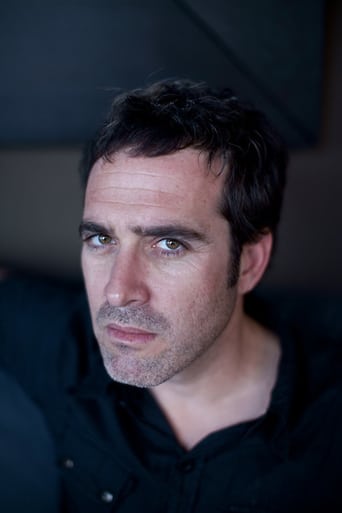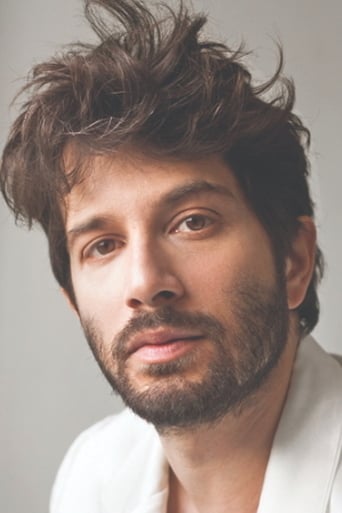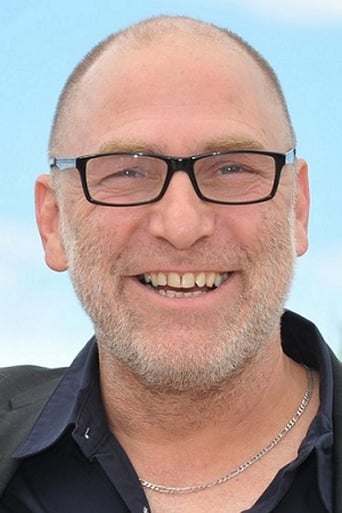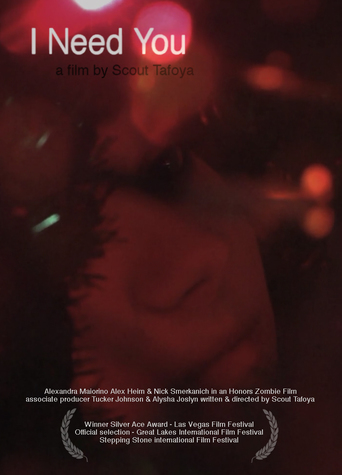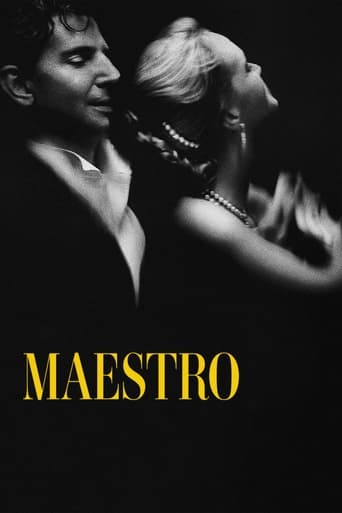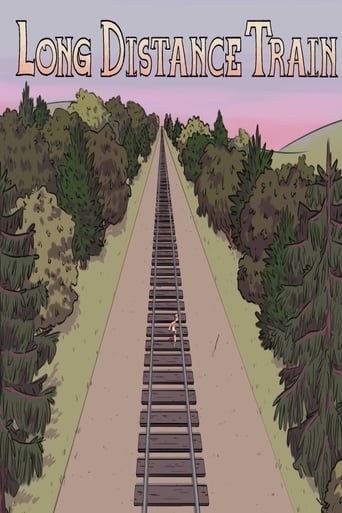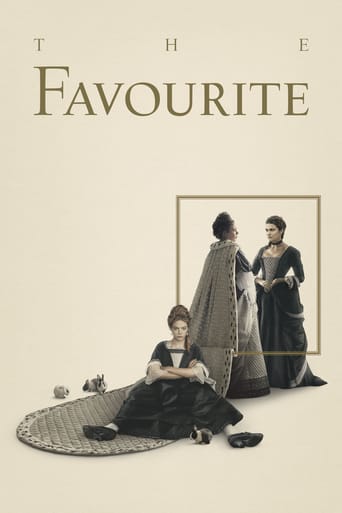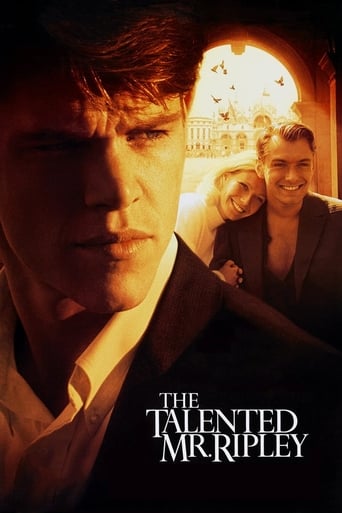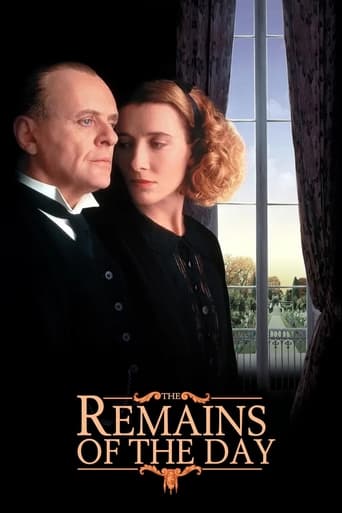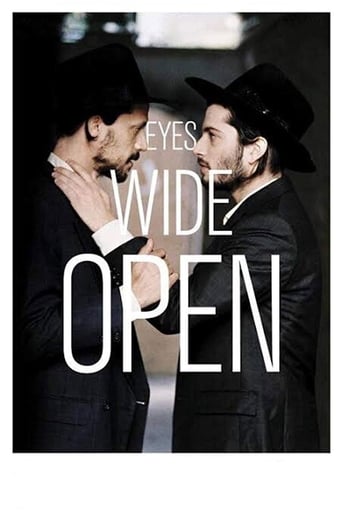
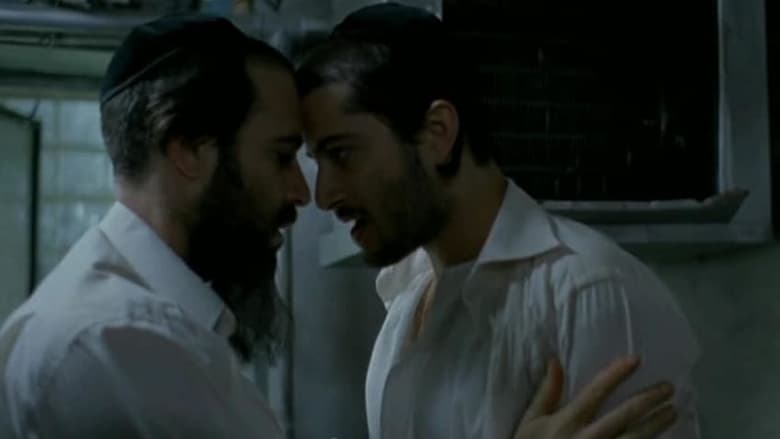
Eyes Wide Open (2009)
A beautifully affecting love story that has rightly earned comparisons to Brokeback Mountain, Haim Tabakman's potent yet impeccably restrained tale has won awards and accolades at film festivals the world over. Aaron, a pillar in Jerusalem's Orthodox community is respected by friends and family. However, when he hires handsome runaway student Ezri to assist with his business, sexual tensions bristle and the pair cautiously embark on a love affair. Meanwhile, a neighbouring shopkeeper persists in seeing a man of her own choosing, even though she's been promised by her father to another. As forbidden truths come to the fore, these lovers are forced to either confront or relent in the face of a centuries-old religious community, with startling results.
Watch Trailer
Cast
Similar titles
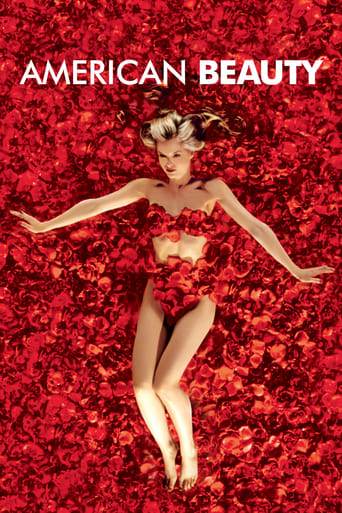
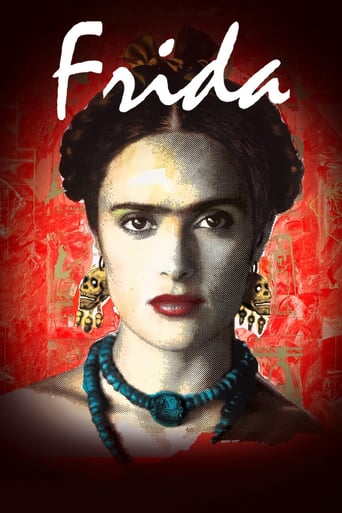
Reviews
Wonderful character development!
How sad is this?
It is an exhilarating, distressing, funny and profound film, with one of the more memorable film scores in years,
By the time the dramatic fireworks start popping off, each one feels earned.
This film tells the story of a married butcher in a part of Jerusalem that is very conservative in religious views. One day, a young man walks into the butcher shop, seeking a job and refuge. Little by little, the butcher is drawn to the young man."Eyes Wide Open" is very slow, and nothing very dramatic happens. Even the unexpected ending is delivered in a rather restrained manner. That is not to say that the film is not good though. Its restrained approach to the story echoes the oppressive societal values that the butcher lives in. As he says, he feels dead inside - the slow pacing expresses exactly that.It is a sad story that is very real life. I can imagine similar experiences happening to many people in the real world.
I accidentally came across this film. Being sick, and at home from work. At the sofa watching daytime telly, this film was shown. I was totally drawn to this simple, strong tale about love between to men. I rarely see so honest and well done films like this, and extra special that it is a film from Israel. They are seldom, at least in my country. I won't give anything away from the story. It is very powerful, in it's simple and quit way. Very strong performances from the actors, and it shows strong emotions, and a hopeless love affair, that the environment just won't allow. I surly will check out more films from Israel after this very good drama. I recommend it. Maybe it should be shown in schools too, in a educational purpose?
emotion. as silk ladder. a love story in forbidden area. religion and relationship. nude tale about two different men and their sin/error/adventure/crazy act. few words. drops of gestures, looks and shadows of feelings. ball of sadness and strange happiness, vulnerabilities, courage and fear. a white paper and crumbs of letters. a stranger as seed of a dangerous experience. family, society and a young man from nowhere to nowhere. a ritual bath and work in a kosher meat shop. death of father and new forms of beginning. fragility of old world and ambiguous place in tradition circle. it is not a movie about gay love but only love. it is not a movie about Juwish traditional laws but only picture of a closed society. it is not just a movie. but images of a trip behind ordinary expectations.
In chapter 32 of Genesis we learn how Jacob earned the name of Israel. This is the scene, according to the King James version: [...] And Jacob was left alone; and there wrestled a man with him until the breaking of the day. And when he saw that he prevailed not against him, he touched the hollow of his thigh; and the hollow of Jacob's thigh was out of joint, as he wrestled with him. And he said, Let me go, for the day breaketh. And he said, I will not let thee go, except thou bless me. And he said unto him, What is thy name? And he said, Jacob. And he said, Thy name shall be called no more Jacob, but Israel: for as a prince hast thou power with God and with men, and hast prevailed. And Jacob asked him, and said, Tell me, I pray thee, thy name. And he said, Wherefore is it that thou dost ask after my name? And he blessed him there. And Jacob called the name of the place Peniel: for I have seen God face to face, and my life is preserved. And as he passed over Penuel the sun rose upon him, and he halted upon his thigh.I want to suggest that the right way to appreciate "Eyes Wide Open"'s story and, especially, its peculiar pitch, is to view it as a modern day version of Jacob's wrestling with - Angel, man, or God, the original language spares us the need to specify between the three.So, why such a viewing? Aaron, an orthodox Jewish butcher, a man that as his name suggests is a mountain of strength, a mountain of a somewhat melancholic strength, decides to re-open his father's shop. We never learn as things progress up to what degree his stance is determined by clauses of mourning his father, and this is a dramatic ambiguity, to call it that, I appreciated. It is something I will return to.Next, enter Ezri a handsome young man who contrasts to Aaron right from the start, in a way that signified, at least for this viewer, the precariousness of the face. Ezri seems at a loss, and Aaron tacitly asks the stranger, guessing on his rootless state. Ezri leaves abruptly, in order to visit another orthodox Jew, arguably a lover that denies him, and, to cut the story short, Aaron takes Ezri as an employee.We then witness readings of the Torah, and Aaron's interpretation that runs counter to the rabbi's exegesis on matters of hardship. We should love the hard part, is the gist of what Aaron says, it is the hard part, the obstacle, that makes love love. This is a good counterpoint to silent long takes, when it is sometimes difficult to scrutinize what happens in the protagonists' heart and mind. But, I add right away, this is sometimes the point: what is for us the admirable adventure of plunging into the other's abysmal gaze or face, is also the limit that makes intimacy and privacy significant.Aaron's appreciation of hardship, and God's rough love erupts in a speech after rebuking Ezri's advances, but soon afterwards gives in. The rare happy moments occur in the synagogue and during Aaron's family table, that is inside a community.But the community grows reserved, then hostile; presumably the orthodox ex has spread the word about Ezri doing "a lot of charities." This is echoed in the gradual bashing of a neighboring grocer because he serially degrades the daughter of a respectable member of the community. Throughout the film there is a fine balance between the intimate and the communal accent, perhaps sometimes a bit too cool a balance.But then you have that stunning shot when Aaron, in front of his butchery's shop, cannot go on because he has a family, and Ezri responds that he has only him - then, after just the right amount of words we wanted to listen to, a van passes and upon his panes an ominous group of orthodox Jews is reflected, as a chorus in a Greek tragedy.But to cut to the chase, the most peculiar scene in the film is the exchange between Aaron and the rabbi, after things have turned nasty with rumors and talk that amounts to gangster-like, secular threats. What strikes us is the non-melodramatic voicing. "I am alive, I need him" he exclaims at odds with the way it is put to these words. And then the rabbi, peculiarly, nods in recognition, if not in acknowledgment of Aaron's stand.At this point I realized this is a new version of wrestling with the angel, and here I want to applaud the magnificently spare script, with its spiritual care and yearning. "I am alive, I need him," he says. He has seen the face of God, and has survived, like Jacob. He was dead, like his father, but now the name of his father can speak through him. It is also a shocking declaration because this "need" has all the unabashed, indeed obscene glow of being alive because of love. Or is it just lust? The film thankfully breaks down any dissociation between the two. Watch how Aaron clenches close-up his angel the moment he abandons him, just after they have mutely acknowledged their love ("I know," says Ezri); this is affecting and uncanny. It can also be helplessly funny if one thinks that Ezri, as his name suggests, did not help anyone.The film ends as Aaron halts to a ritual bath to purge himself and vanishes underwater. Why hint at suicide? This needless dramatic gesture literally denies the blessing, which means more life. It has to be this way? I wonder. Still, the film stands as a powerful ruining of the sacred truths running gender and religious persuasions that separate God and sexuality.
